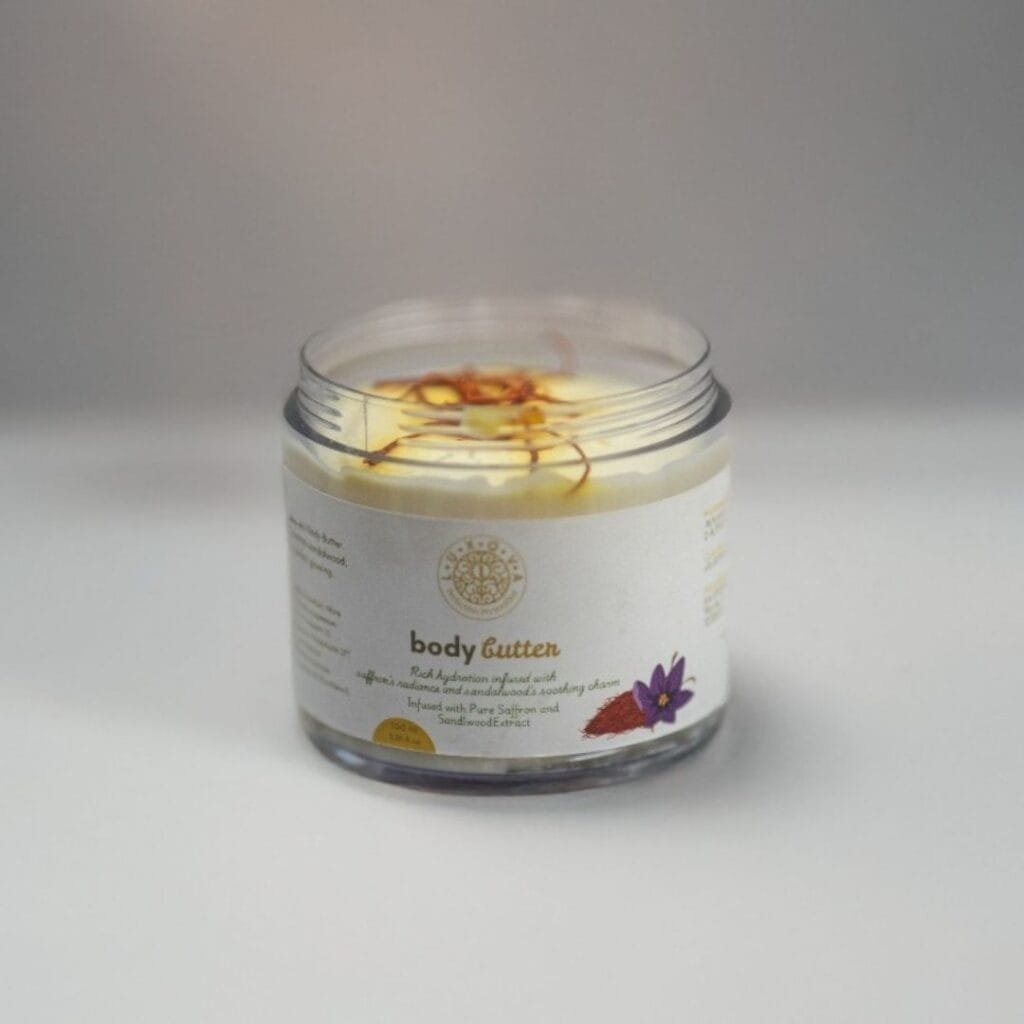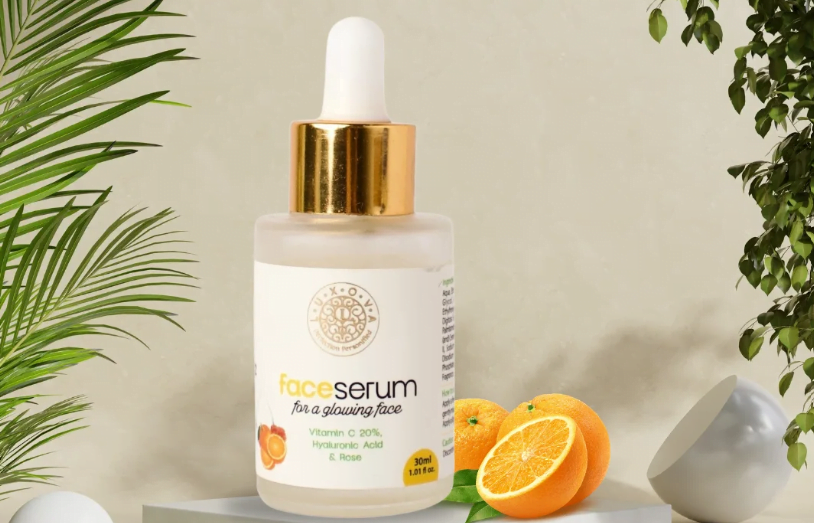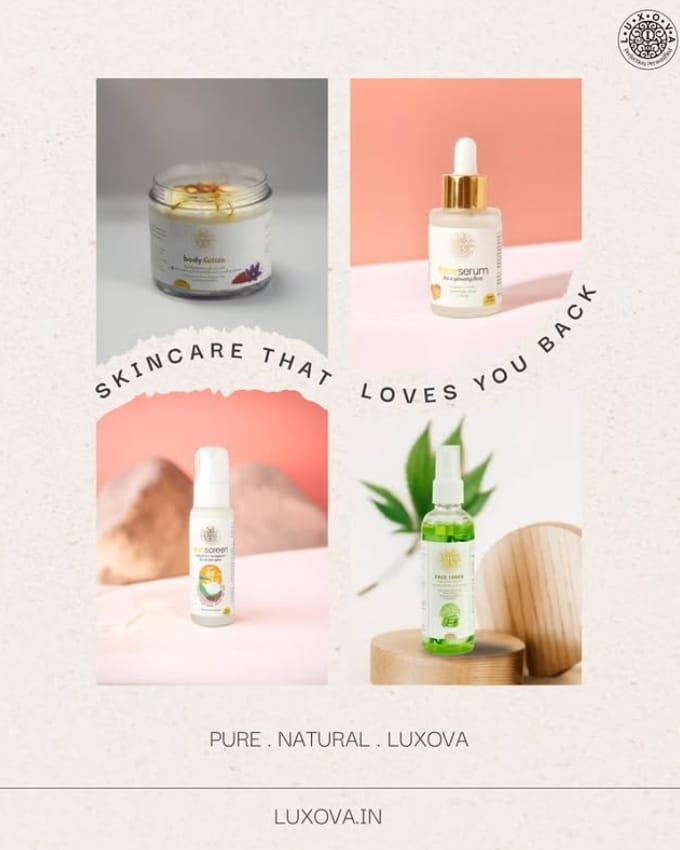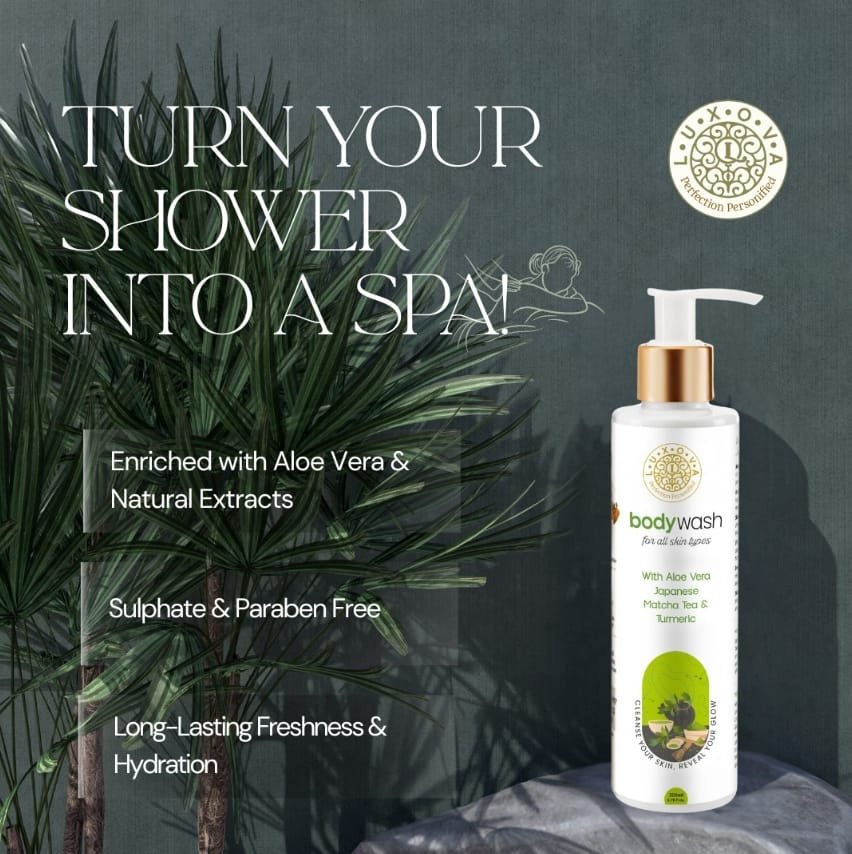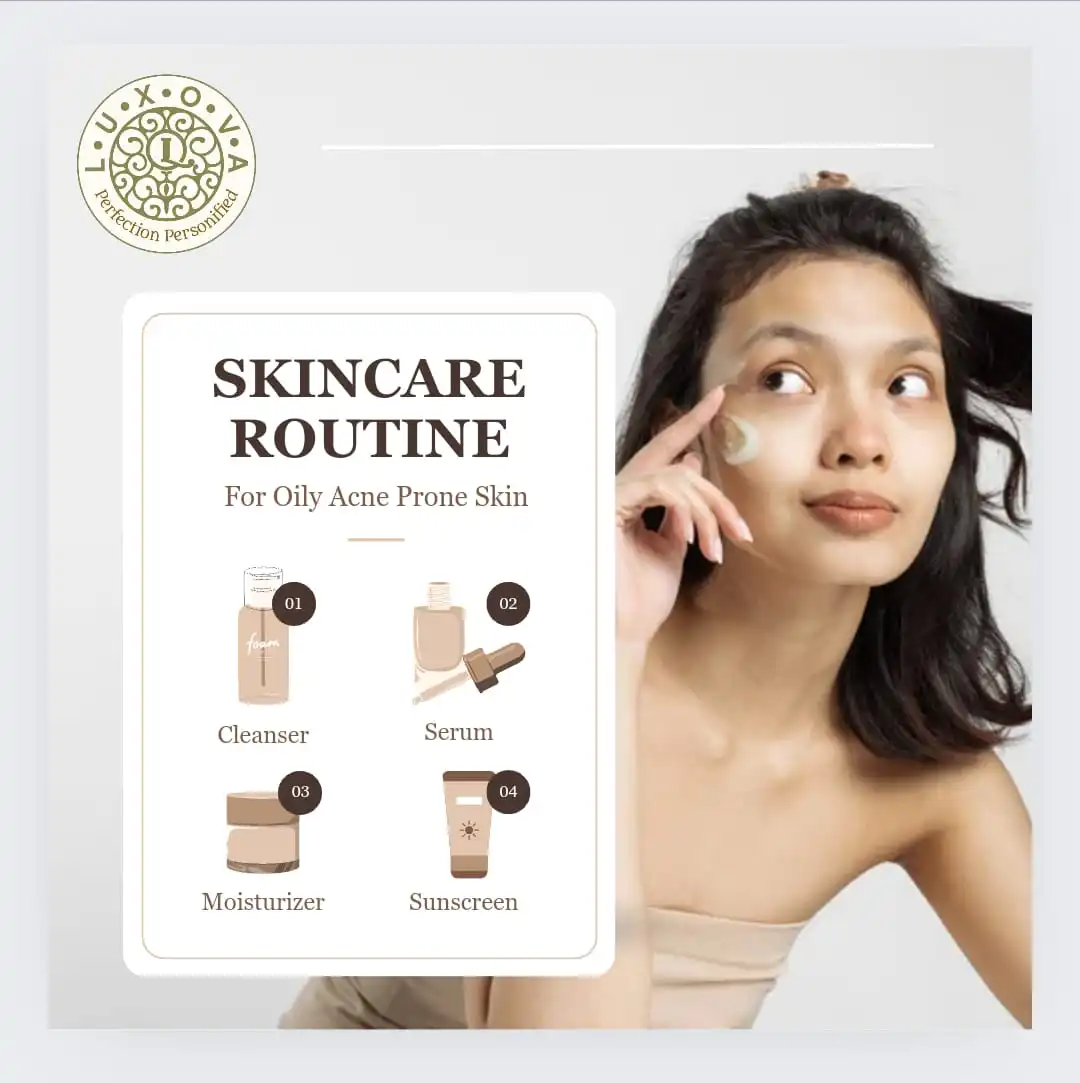When it comes to skincare, some ingredients work best when paired together—and Vitamin C and peptides are a perfect example. Both are powerful on their own, but when combined, they can deliver radiant, youthful, and healthier-looking skin. Let’s explore why this duo deserves a spot in your skincare routine.
What is Vitamin C in Skincare?
Vitamin C is a potent antioxidant that helps brighten the skin, fade dark spots, and protect against free radical damage caused by pollution and UV rays. It also stimulates collagen production, making skin firmer and smoother over time.
Key benefits of Vitamin C:
Fights free radicals
Reduces hyperpigmentation
Boosts collagen production
Brightens dull skin
What Are Peptides?
Peptides are short chains of amino acids—the building blocks of proteins like collagen and elastin. They act as messengers, telling your skin to produce more collagen and repair itself.
Key benefits of peptides:
Improves skin elasticity
Reduces fine lines and wrinkles
Strengthens the skin barrier
Enhances hydration
Why Vitamin C and Peptides Work Well Together
While some skincare ingredients can clash, Vitamin C and peptides complement each other beautifully.
Boost Collagen Production: Vitamin C stimulates collagen, and peptides support its formation, giving a double boost for firm, youthful skin.
Brightening & Repair: Vitamin C tackles dullness, while peptides repair the skin barrier for a smoother look.
Protection & Hydration: Vitamin C defends against environmental damage, while peptides lock in hydration.
Gentle Yet Effective: Together, they deliver results without being overly harsh, making the combo suitable for most skin types.
How to Use Vitamin C and Peptides in Your Routine
Morning: Apply a Vitamin C serum after cleansing, then follow with a peptide-infused moisturizer. Don’t forget sunscreen!
Night: Use peptides in your night cream or serum to help repair and restore your skin while you sleep.
💡 Pro Tip: If you have sensitive skin, introduce Vitamin C slowly and use peptides regularly to strengthen your skin barrier.
